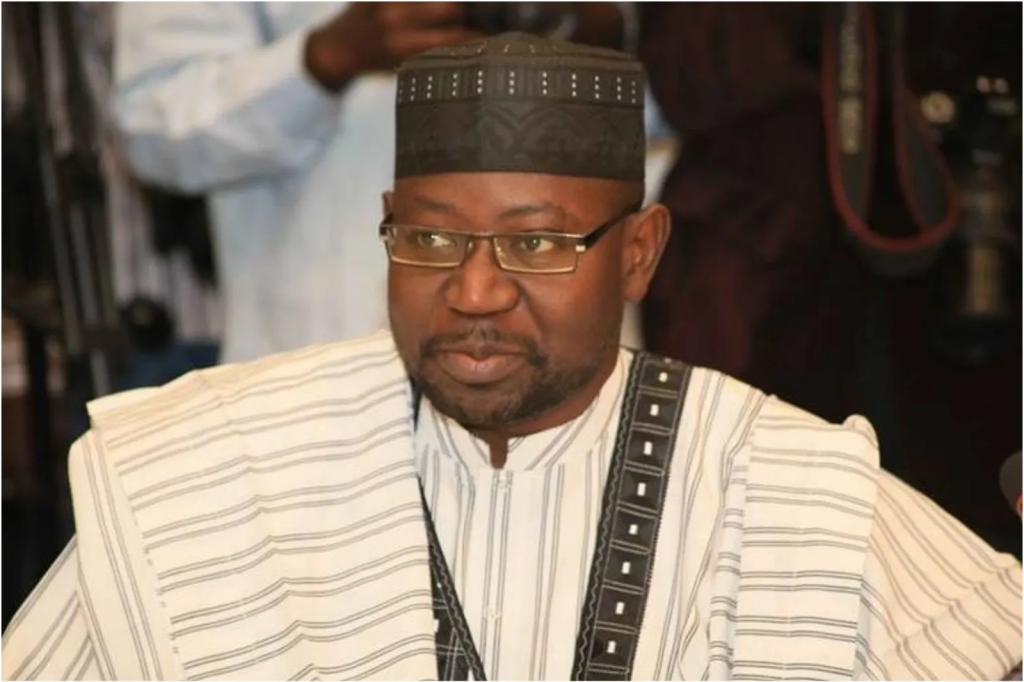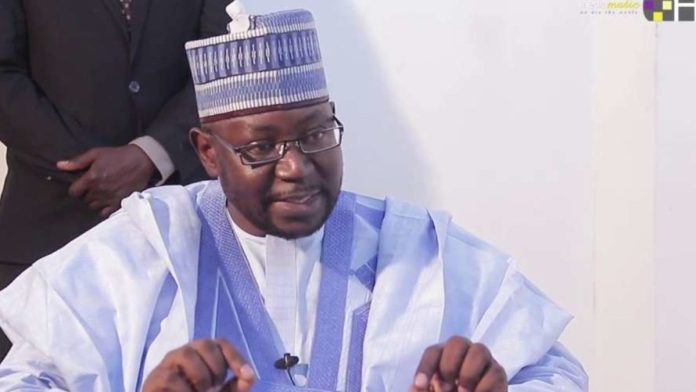
Former interior minister and Gambia Moral Congress leader, Mai Fatty, has said although major events in Senegal will inevitably affect us, The Gambia should not attempt to interfere in the internal politics of Senegal.
Speaking to The Standard on Thursday shortly after the sentencing of opposition leader Ousmane Sonko, Fatty, who is also a barrister-at-law, explained: “We have thousands of Senegalese resident here who are directly involved and directly affected. Secondly, political stability and economic success in Senegal is in The Gambia’s national security interest. A preferential bilateral relationship is the only viable option for both sides. However, The Gambia will do well by not interfering in the internal politics of other states, including Senegal.
“My approach would be consistent with existing AU, Ecowas protocols, bilateral agreements and also in the context of multilateralism. The Gambia should consider pragmatic rules of diplomatic engagement in pursuing all matters of international cooperation,” he said.
Fatty said given the shared history, culture, ethno-linguistic heterogeneity and geography, The Gambia has a role to help guide and counsel “within acceptable parametres”.
“We are closely monitoring events in Senegal as expected, but there is no cause for alarm. I believe Senegal is a strong and respected democracy and its leaders and institutions are quite capable of handling any situation. They have our active support and prayers. We must always remember that Senegal is a sovereign nation and that must be respected. This is because no nation worth its salt will compromise its sovereignty and territorial integrity. Lastly, I know President Macky Sall personally. He is both a democrat and a strong leader. I have faith and confidence in his leadership and handling of political crises,” he said.
Regarding the specific court decision in Senegal, Fatty added: “I will repeat what I always assert in every such situation. The rule of law demands respect for court decisions. An aggrieved citizen should continue to pursue remedies utilising the legal avenues available in both domestic and international jurisdictions. Resort to extrajudicial measures instead of recognised legal mechanisms and judicially sanctioned fora should not be encouraged. The rule of law must be enforced.”
By Omar Bah


